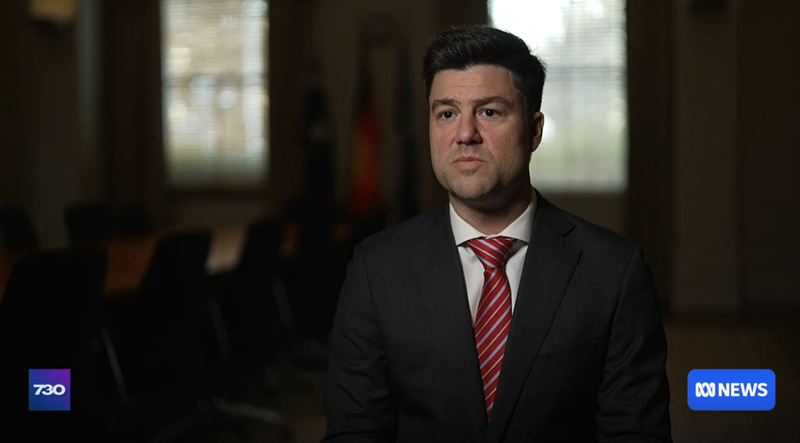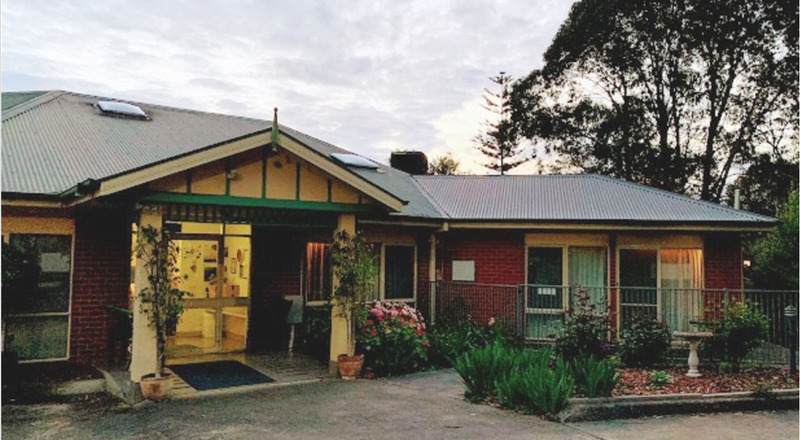New toolkit to help workers better care for aged care home residents living with dementia
To access the toolkit, go to http://www. theadvanceproject. com. au/dementi

An Australian Government-funded toolkit, produced by a team from HammondCare, is now available to frontline aged care staff to help them initiate end-of-life conversations as early as possible and to help better assess the needs and wishes of residents and home care clients living with dementia. The Australian Institute of Health and Welfare’s Palliative care services in Australia report, published in May, shows only about 6% of residents in aged care homes access palliative care despite the increasingly complex needs of these residents. A person living with dementia – which is a terminal illness – may live with symptoms for many years. The Advance Project toolkit, funded under the National Palliative Care Projects scheme, includes training videos and eLearning with real life scenarios to take staff through approaches and tips to help them initiate conversations about advance care planning and palliative care with a person living with dementia and their family. It was produced by a team of HammondCare clinicians and researchers led by Professor Josephine Clayton and Jon San Martin (above), with input and feedback from a national expert advisory group; people living with dementia and their families; GPs, nurses, and allied health professionals; care workers; and aged and primary care managers.

HammondCare General Manager Health and Palliative Care Andrew Montague said the resources support a relationship-based approach to care that requires getting to know the individual and their needs and preferences at an important stage in their life. Lynne Sewell, whose husband Rick Sewell (pictured) was diagnosed with Primary Progressive Aphasia and Frontotemporal Dementia in 2014, said there was a need for honest conversations after a dementia diagnosis, even if the conversations are “confronting”.
“When someone is diagnosed with dementia, they get handed brochures and other material, but it doesn’t sink in that this is ultimately a fatal disease,” she said. “We were told to go and enjoy the rest of our life, no discussion about planning for the future or getting things in order.’’
To access the toolkit, go to http://www.theadvanceproject.com.au/dementia.





